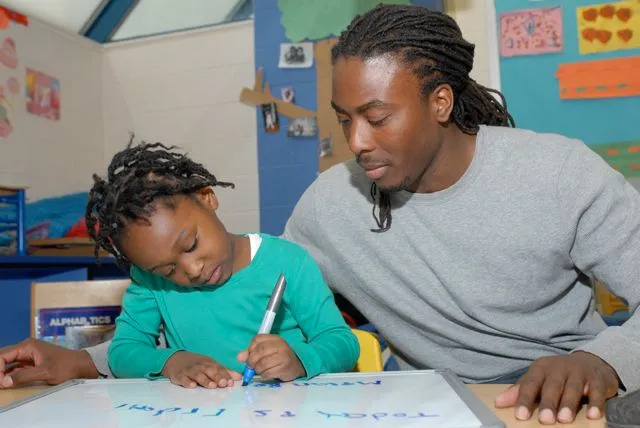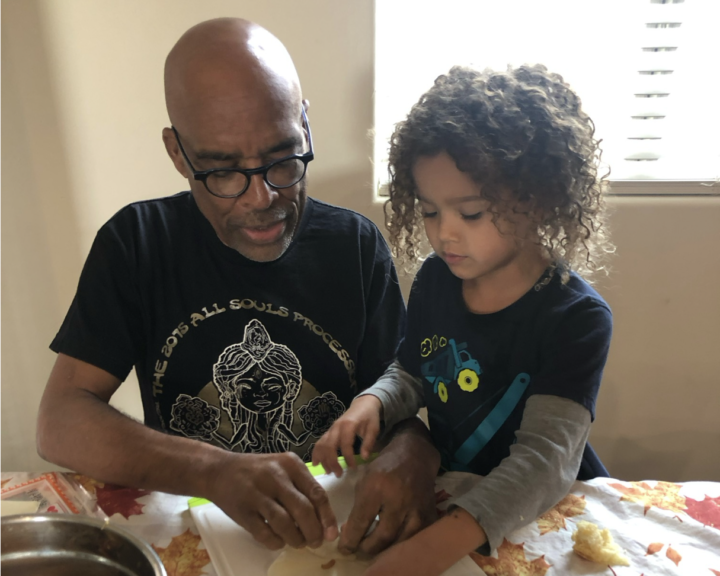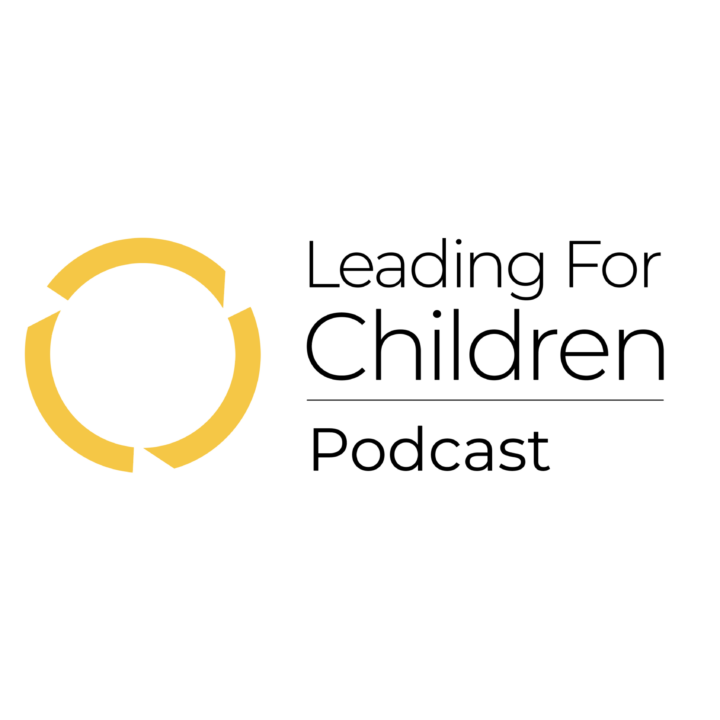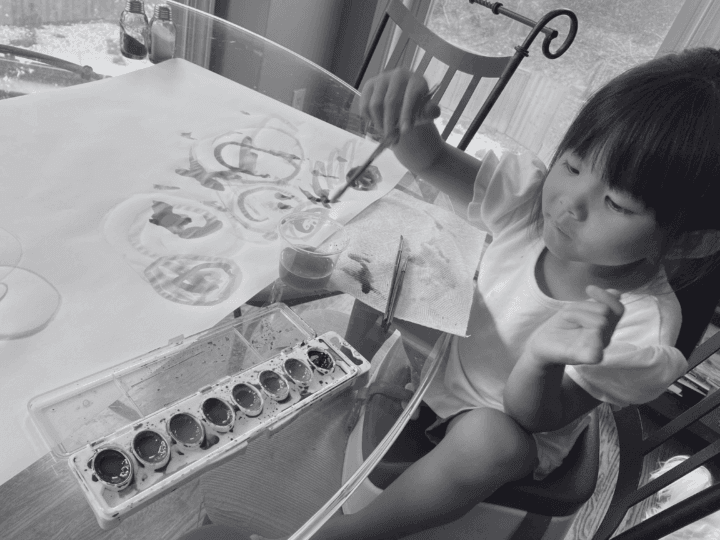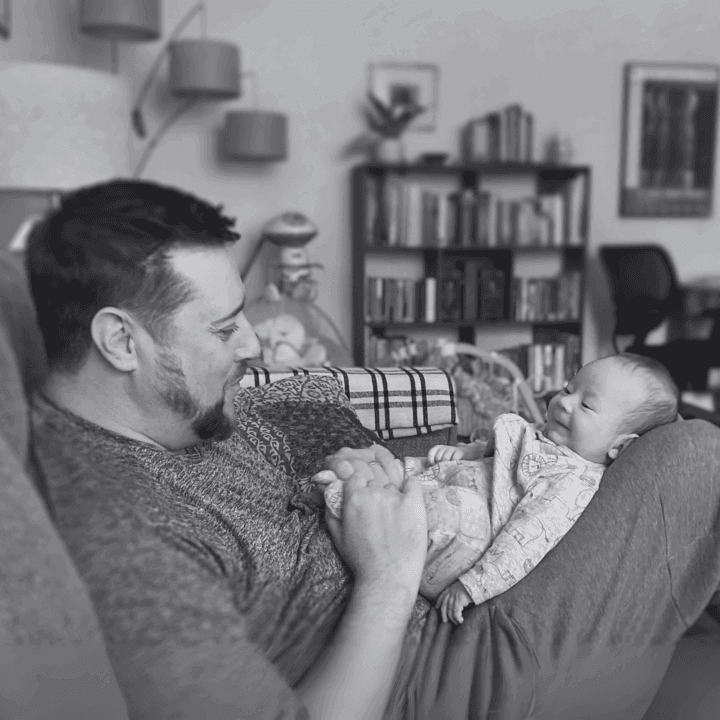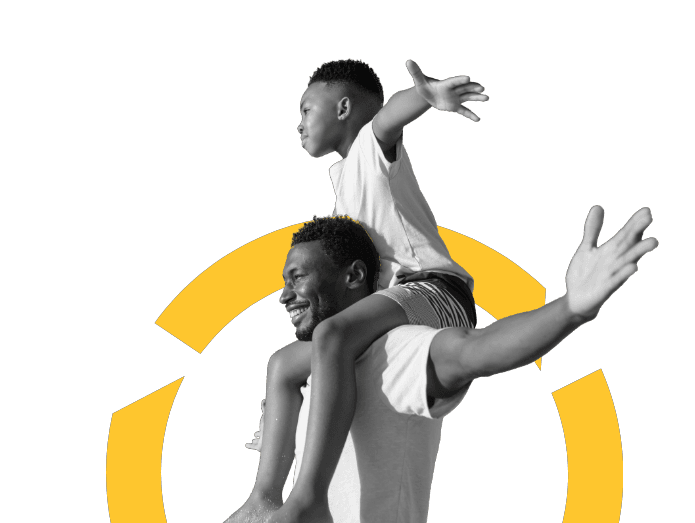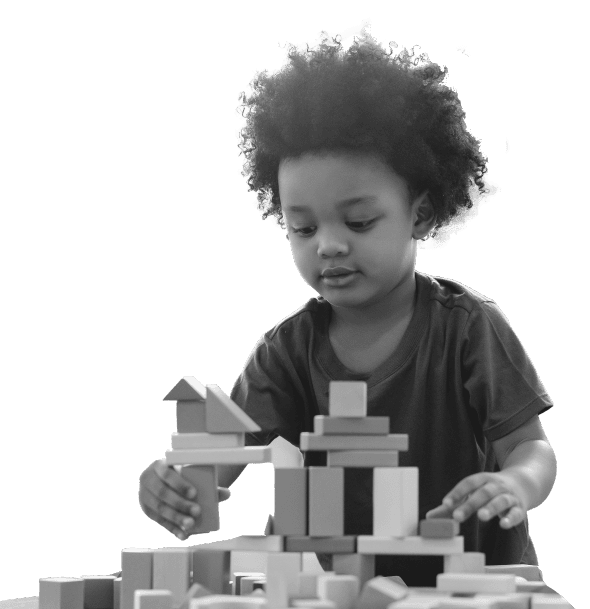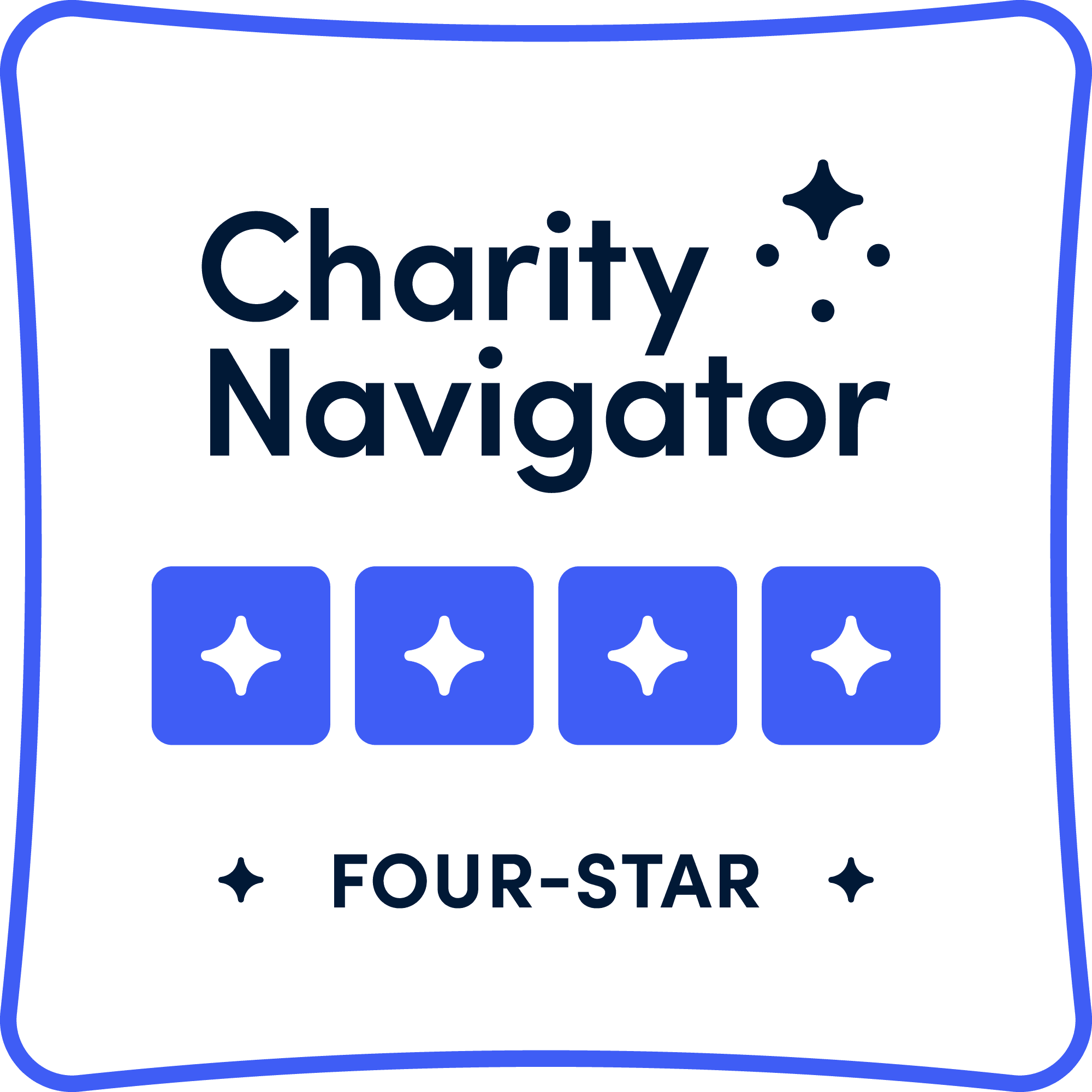By Judy Jablon and Nichole Parks
We’re always surrounded by stories — those we readily tell about ourselves and those we keep below the surface. There are the stories we hear from others and the stories we tell ourselves about others. Stories are complex, multifaceted, nonlinear, and diverse, and they’re at the core of our common humanity. They shape how we act and interact, the choices we make, and the world we create for children.
Intentionally listening to others’ stories — genuinely listening to learn, without judgment and with awareness of the perspectives and assumptions we bring to the space — is key to creating communities where children thrive.
With our partners in Marin County, California, we’re seeing how listening with intention creates movement toward more equitable communities. The early childhood system in Marin County brings together adults from a diversity of cultural and linguistic backgrounds, and the community seeks to create a culture of anti-racism, anti-bias, and respect for each individual.
Leading for Children has had the honor to engage with adults in the early learning ecosystem of Marin County. Our conversations ensure that all voices are heard, and that individuals can learn from the diversity of stories. We’re all observing changes within the community we’re building together — everyone feels valued and welcome. Community members attribute these changes to how they are cultivating self-awareness, nurturing relationships, and activating curiosity.
1. Cultivate self-awareness by considering what you bring to a space
Before we can listen to others with intention, we have to listen to ourselves.
· What thoughts and feelings in the back of my mind might be affecting how I interact?
· What signals is my body giving me?
· How can I stay grounded in the present moment?
An educator from Marin County noticed how self-awareness is critical to intentional listening and relationship building. She explains, “The first part is reflecting on yourself, and your own biases, and then your relationships with others. It’s so important to be aware of how you connect with and be comfortable with others.”
We can extend our current level of self-awareness by regularly doing a “self-check” using the questions above to be more present with others. Increasing internal awareness helps us gain new perspectives on what’s happening around us.
2. Nurture relationships by listening and asking questions
To create networks of equitable relationships, consider ways to listen to others with intention.
· Am I listening to learn or listening to respond?
· What questions can I ask to find out about another’s point of view?
· What connections can I find between another’s story and my own?
In spaces where we prioritize hearing all voices, everyone can tell a story, and everyone can listen to others’ stories. As one member from Marin County shared, “When everyone has a turn to share, and you have a turn to listen. Then, that comes out in the way our department works.”
When we intentionally ask questions and listen, we create a more welcoming, supportive environment. Reaching out to others helps everyone feel less alone, and we can work together to find common goals and new ways to share learning.
3. Activate curiosity by noticing the ripple effect of intentional listening
Explore ways to build equitable communities by actively welcoming all voices.
· When I meet someone for the first time, what questions can I ask?
· In a group, how can I use my curiosity to quiet assumptions?
· How do I notice those around me practicing intentional listening?
Each intentional interaction can have a ripple effect, as others observe and incorporate self-awareness and equitable practice into their own actions and interactions. This, in turn, helps us model equitable relationships for children.
As one of our members from Marin County noted, connecting across perceived divisions helps us reconnect with all that we share: “To dig below some of the aspects of culture that appear to divide us but are about fundamentals of being human. By having those strong relationships, children will be able to be understood, families will be heard in a sincere and judgement-free way.”
Stories are central to our common humanity. In the stories we tell, we see our cultures reflected. When we intentionally listen to others’ stories, we can create communities and cultures where everyone belongs. As our members in Marin County have shown, an active practice of listening to learn can help us bridge our differences. Together, we can shape communities where all adults are united in purpose, where we give and receive support, and where we model for children each day what it means to create cultures of belonging for all.
We invite you to practice observing the ways you intentionally listen to others. What questions are you asking? What messages are you sending with your words and your body? As you refine this practice over time, do you notice ripple effects in your community?
